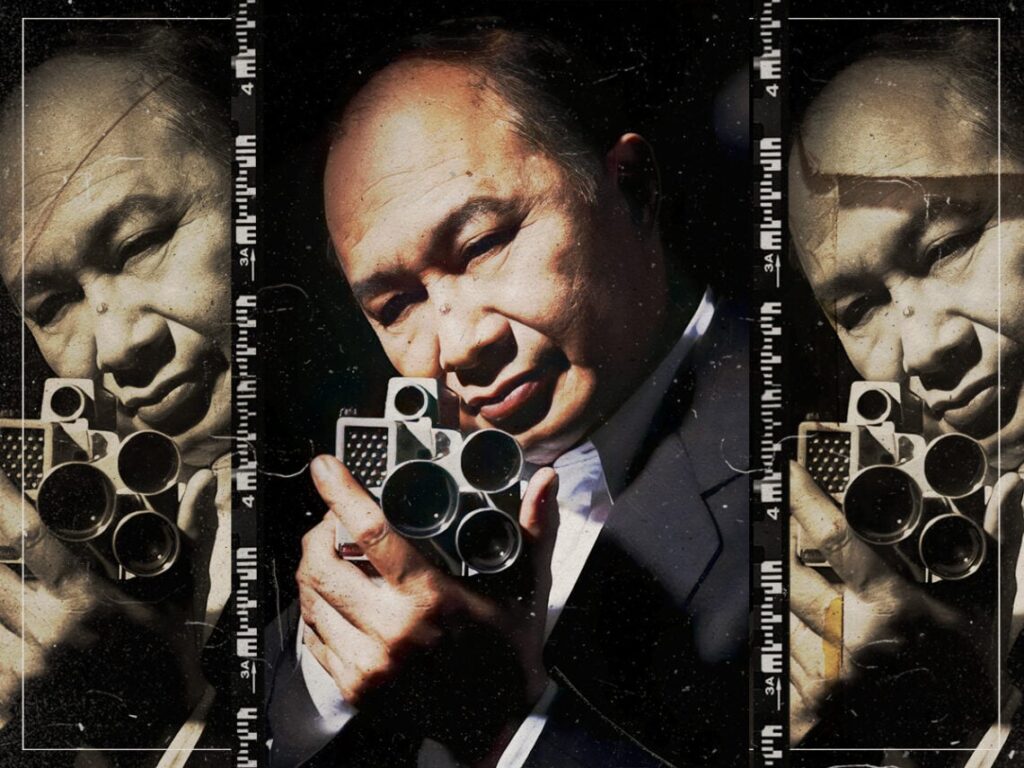“I am greatly influenced”: John Woo discusses his favourite movie in the world
 Posted On
Posted On
(Credits: Far Out / MUBI)
Very few regions have been as pivotal for the evolution of a particular genre of cinema as Hong Kong has been for action movies. Ranging from the martial arts flicks that first bridged the gap between the East and the West to the highly stylised neo-noir crime movies that were endlessly imitated all around the world, Hong Kong played a vital role in the development of action cinema, and John Woo was at the centre of it.
While there were many B-movie directors in Hong Kong who only utilised elements from Western works to create low-budget exploitation flicks, Woo routinely borrowed from the movies that shaped his formative years to create a new cinematic identity. This ultimately paid off because his films managed to attract audiences all around the world, who were drawn to his singular style.
In an interview for Rolling Stone, the Hong Kong director reflected on the impact that projects like A Better Tomorrow and The Killer had on his career trajectory after they garnered significant momentum in Western markets. Drawing both action movie fans and potential financiers for new ideas, they changed Woo’s life.
Woo commented: “Hong Kong movies didn’t have much of a market in terms of worldwide release, and no one really cared about the [dubbing], and so we’d just get some random people to do the job who didn’t really care. So, when my movies A Better Tomorrow and The Killer drew so much attention to the Western world, we were so surprised because it had never happened before. And we tried to fix the dubbing, but it was too late.”
Despite his initial plans to be a Christian minister, Woo eventually decided to be a director because he was completely mesmerised by cinema, especially the definitive works of the French New Wave. Alongside works by the likes of François Truffaut, the director who had the most impact on Woo’s cinematic vision was Jean-Pierre Melville and his 1967 gem Le Samouraï.
“It was my favourite movie in the world. I tried to make a similar kind of movie for ten, 15 years, but the studio wouldn’t let me do it,” Woo revealed. “The market at the time was kung fu and sex. That’s all you could do — nothing else! But I’m greatly influenced by Jean-Pierre Melville. It wasn’t until 1985, after my good friend Tsui Hark produced A Better Tomorrow, and it became a huge success, that my next movie, The Killer, finally allowed me to do a homage to Le Samouraï.”
Starring the late Alain Delon in one of the most iconic roles of his illustrious career, it paints a riveting portrait of a socially isolated assassin who gets pulled into a convoluted conspiracy while trying to find the person who’s trying to get him terminated. Filmed with intense stylistic flair and a commitment to establishing emerging principles for a new kind of noir ethos, Le Samouraï might not be the best collaboration between Melville and Delon, which goes to Le Cercle Rouge, but it’s right up there with the most influential.
[embedded content]
Related Topics


